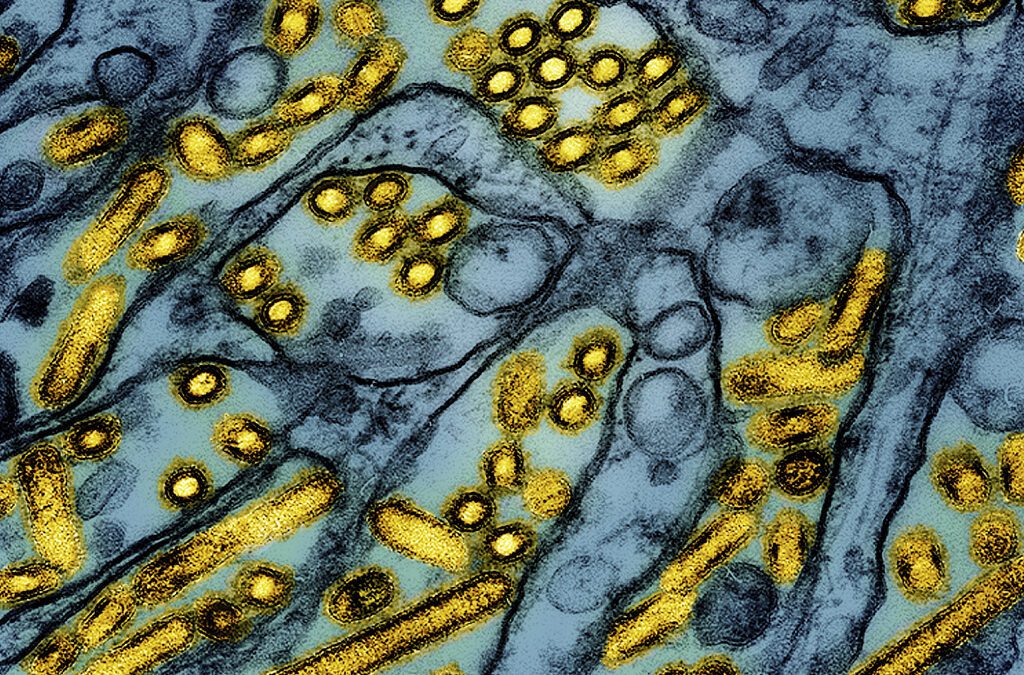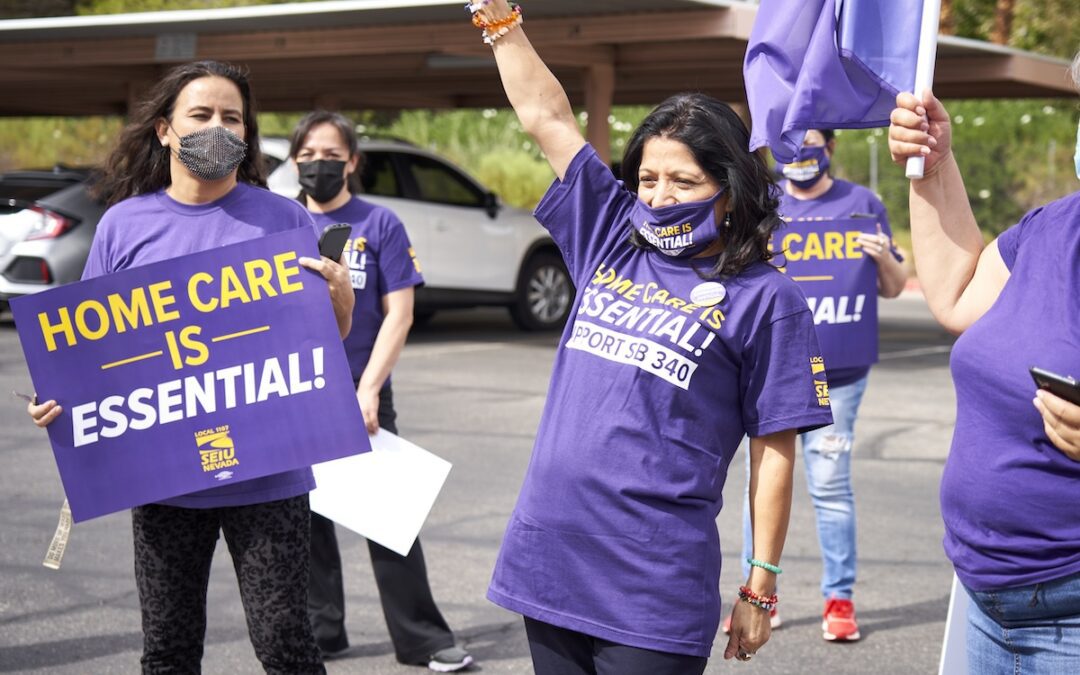
FILE - President Joe Biden speaks during an event on prescription drug costs, in the East Room of the White House, Aug. 29, 2023, in Washington. The Biden administration is putting pharmaceutical companies on notice. It's warning them that if the price of certain drugs is too high, they might allow other companies to make their product. Under the new plan, the government would consider overriding the patent for high-priced drugs that have been developed with the help of taxpayer money. (AP Photo/Evan Vucci, File)
The Biden administration is putting pharmaceutical companies on notice, warning them that if the price of certain drugs is too high, the government might cancel their patent protection and allow rivals to make their own versions.
Under a plan announced Thursday, the government would consider overriding the patent for high-priced drugs that have been developed with the help of taxpayer money and letting competitors make them in hopes of driving down the cost.
In a 15-second video released to YouTube on Wednesday night, President Joe Biden promised the move would lower prices.
“Today, we’re taking a very important step toward ending price gouging so you don’t have to pay more for the medicine you need,” he said.
White House officials would not name drugs that might potentially be targeted. The government would consider seizing a patent if a drug is only available to a “narrow set of consumers,” according to the proposal that will be open to public comment for 60 days. Drugmakers are almost certain to challenge the plan in court if it is enacted.
It’s the latest health policy pitch from a White House gearing up to make its efforts to tackle drug prices a central theme in next year’s reelection campaign. With health care costs in mind, the administration also sent a warning Thursday to private equity firms that have been buying up and gutting hospitals and physician practices around the country, then selling for a profit.
Already, Biden has spent months boasting about the $35 cap on insulin for Medicare enrollees that he signed into law last year and a plan for government officials, for the first time, to negotiate some drug prices paid by Medicare.
Washington has never made such an aggressive move against the patents of drugs, a step called “march-in rights.” Federal agencies can do so if the federal government has invested money in the research or development of the product.
Pharmaceutical companies have long relied on government research to develop drugs, with the most recent major breakthrough being the COVID-19 vaccines and treatments. U.S. taxpayers spent billions on the effort and were able, until recently, to access treatments and preventions for the virus without paying out-of-pocket for them.
While only a minority of drugs on the market relied so heavily on taxpayer dollars, the threat of a government “march-in” on patents will make many pharmaceutical companies think twice, said Jing Luo, a professor of medicine at University of Pittsburgh.
“If I was a drug company that was trying to license a product that had benefited heavily from taxpayer money, I’d be very careful about how to price that product,” Luo said. “I wouldn’t want anyone to take my product away from me.”
The pharmaceutical lobby immediately pushed back on Biden’s announcement, arguing the White House’s interpretation of the law is inaccurate and their plan will stifle drug research and development.
“This would be yet another loss for American patients who rely on public-private sector collaboration to advance new treatments and cures,” said Megan Van Etten, a spokesperson for the Pharmaceutical Research and Manufacturers of America, or PhRMA.
Debate has for years swirled around how the government might employ “march-in rights,” with a few Democratic lawmakers, including Sens. Elizabeth Warren of Massachusetts and Amy Klobuchar of Minnesota, lobbying the Health and Human Services Department to seize the patents of certain pricey drugs. Most recently, the National Institutes of Health refused to do so with the prostate cancer drug Xtandi.
“Americans should not have to pay excessive prices for medications while drug companies make huge profits, especially when those medicines were developed with the help of taxpayer dollars,” Klobuchar said in a statement.
The proposal raises a reasonable question, said William Pierce, a former HHS official during President George W. Bush’s administration: “What reward should there before the taxpayer who help fund this product?”
The White House also intends to focus more closely on private equity firms that purchase hospitals and health systems, then often whittle them down and sell quickly for a profit. The departments of Justice and Health and Human Services, and the Federal Trade Commission will work to share more data about health system ownership.
“Everything from fertility care to primary care to nursing homes — running the gamut from cradle to grave — there’s no segment in health care where we don’t see private equity,” said Yashaswini Singh, a health care economics professor at Brown University in Providence, Rhode Island “A lot of this have gone largely unreported and undisclosed to the antitrust authorities.”

New strain of bird flu is detected in a Nevada dairy worker, CDC says
By Mike Stobbe and Jonel Aleccia According to state health officials, the dairy worker was exposed at a farm in Churchill County, in the west...

Wage increase shows early success in stabilizing Nevada home care workforce
Seniors have officially outnumbered children for the first time in US history. But Nevada's new minimum wage increase for care workers offers a...

Registró Nevada Health Link un récord de inscripciones en su período de inscripción abierta de 2025
Se inscribieron más de 110.000 nevadenses, lo que supone la inscripción más numerosa en la historia del mercado en Nevada. Nevada Health Link logró...

Feds approve Nevada public option health insurance plans
In becoming the third state to offer publicly-available health care plans, officials say residents can soon expect lower premiums and improved...

Nevada seniors’ drug costs are now capped at $2,000 per year
The out-of-pocket cost of prescription drugs for Medicare Part D enrollees is now capped at $2,000 per year, thanks to President Joe Biden’s...

Santa Claus celebró Navidad en el hospital Intermountain; recién nacidos reciben una gigantesca bota navideña
Santa Claus hizo entregas especiales a bebés recién nacidos en un centro hospitalario cumpliendo así 15 años de una hermosa tradición decembrina....



